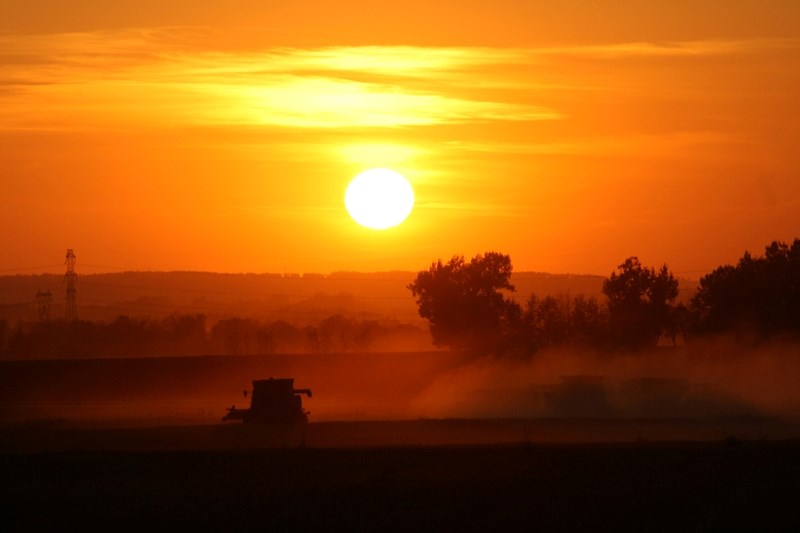Dan Urban has been farming just west of Innisfail for years without a serious injury of any kind. Still, he knows he can't let his guard down for a second.“The equipment is getting bigger and it's getting faster,” said Urban. “It doesn't take a whole lot of horsepower to kill ya.”As the grain farmer toils away bringing in this year's harvest the provincial government is looking at ways to make agriculture work in Alberta safer.Urban says while many farm employees have grown up around dangerous machinery, he thinks it might be time for the industry to consider programs similar to oil and gas sector certification programs.“Maybe farming is going to have to go that way too,” he says. “Maybe there has to be an organization out there to certify inexperienced help.”Agriculture is one of the most dangerous sectors Canadians can work in, said Gil McGowan, president of the Alberta Federation of Labour.“It's simply not enough to encourage agricultural employers and workers to pay more attention to safety,” said McGowan. “The reality is that no amount of education and promotion is going to improve the safety situation in the agricultural sector.”Alberta farm workers are completely exempt from the Labour Relations Code, mandatory Workers Compensation Board coverage, most provisions in the Employment Standards Code, and are only covered by the Occupational Health and Safety Act in mushroom factories, greenhouses, nurseries and sod farms, he said.“We're the only province in the entire country that has this exemption,” he said. “As long as these exemptions persist there's no way that agricultural employers can be held accountable or prosecuted when they put their employees at risk.”The government says it is committed to looking at legislative options for commercial agricultural operations and meeting with the ministers of Human Services and Agriculture and Rural Development this month to discuss workplace standards and health and safety issues in the agriculture industry.“We want to make sure Albertans are able to work in a safe and fair environment, and come home to their families at the end of every day – regardless of what they do for a living,” said Brookes Merritt, a spokesperson for the Human Services ministry. “We know education and awareness are effective ways of preventing workplace incidents, but we also know there's room for improvement when it comes to the culture of workplace health and safety on farms.”The government recognizes it needs to make a distinction between small family-run farms and multi-billion-dollar commercial-scale agricultural operations, she said.




